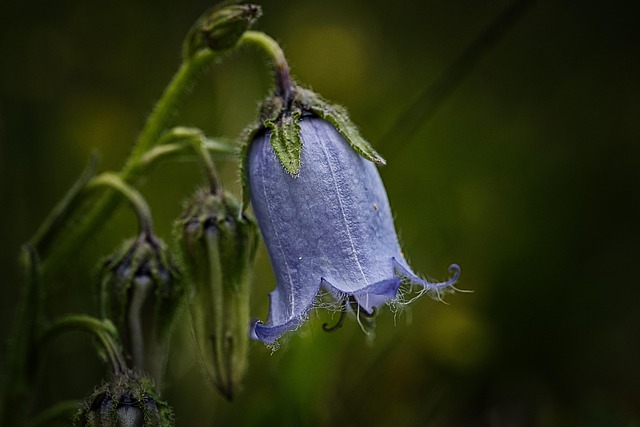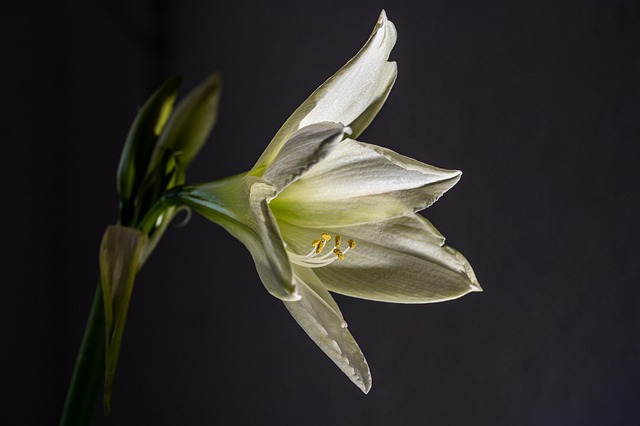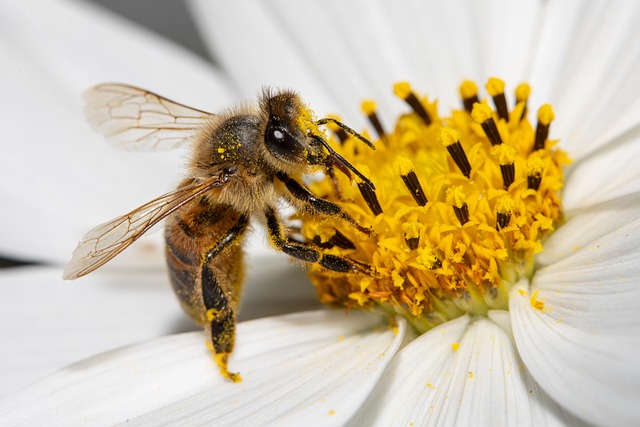THCA (Tetrahydrocannabinolic Acid), a non-psychoactive cannabinoid in the THC flower, holds significant medicinal potential. Research highlights its anti-inflammatory, pain-relieving, and antioxidant properties, making it a promising natural remedy for conditions like arthritis, multiple sclerosis, and even cancer. THCA flowers are available in various forms, allowing for versatile consumption and offering a simple way to incorporate natural relief into daily routines. As legal statuses evolve, continued scientific exploration is expected to uncover more therapeutic benefits of this powerful compound.
“Unveil the remarkable potential of the THCA flower, a natural wonder with growing interest in the wellness community. This compound, found in the cannabis plant, offers a range of health benefits backed by emerging scientific research. From pain relief and reduced inflammation to potential anti-cancer properties, THCA flowers are gaining recognition for their therapeutic effects. Dive into this comprehensive guide to explore the chemical properties, scientific evidence, and practical ways to incorporate THCA’s power into your daily routine.”
- Understanding THCA and Its Chemical Properties
- The Potential Health Benefits of THCA Flowers
- Scientific Research and Studies on THCA's Efficacy
- How to Incorporate THCA Flowers into Your Routine
Understanding THCA and Its Chemical Properties

THCA, or Tetrahydrocannabinolic Acid, is a key compound found in the iconic THC flower. It’s a type of cannabinoid, a chemical class that interacts with our bodies’ endocannabinoid system (ECS), playing a significant role in the plant’s therapeutic potential. Chemically, THCA is a non-psychoactive acid, meaning it doesn’t produce the mind-altering effects commonly associated with cannabis. However, when heated or decarboxylated, it converts to THC, the well-known psychoactive compound. This transformation is crucial as it unlocks THCA’s full potential and contributes to the plant’s unique benefits.
The THC flower contains varying levels of THCA, offering a range of advantages. Research suggests that THCA exhibits anti-inflammatory properties, making it potentially beneficial for conditions like arthritis and multiple sclerosis. It also shows promise in pain management, appetite stimulation, and may even have anti-cancer properties due to its ability to target specific cells. Understanding the chemical makeup of THCA is essential for unlocking these benefits and appreciating the complex nature of cannabis as a natural remedy.
The Potential Health Benefits of THCA Flowers

The potential health benefits associated with THCA flowers have sparked growing interest in the cannabis community and beyond. THCA (tetrahydrocannabinol acid) is a non-psychoactive cannabinoid found naturally in the cannabis plant, offering a range of advantages that are only beginning to be fully understood. Research suggests that THCA flowers may possess anti-inflammatory properties, making them potentially beneficial for managing chronic pain and certain inflammatory conditions.
Furthermore, these flowers have shown promise in their ability to promote cellular regeneration and protect nerve cells, which could lead to improvements in conditions like multiple sclerosis and neuropathy. The antioxidant properties of THCA also contribute to its potential as a skin care ingredient, offering protection against environmental damage and supporting skin health. As the legal status of cannabis continues to evolve, the scientific exploration of THCA flowers is expected to uncover even more of their therapeutic applications.
Scientific Research and Studies on THCA's Efficacy

Scientific research has been exploring the potential benefits of THCA (tetrahydrocannabinol acid) for some time, shedding light on its efficacy as a natural compound. Studies have shown promising results in various areas, including pain management, inflammation reduction, and potential anti-tumor properties. Lab experiments and animal studies have demonstrated THCA’s ability to interact with the body’s endocannabinoid system, which plays a role in regulating mood, memory, appetite, and pain perception. This interaction suggests that THCA flower could be a valuable resource for natural relief in these areas.
While many studies focus on THC (tetrahydrocannabinol) as the primary active compound in cannabis, THCA has gained attention for its unique properties and benefits. Research indicates that THCA may offer anti-inflammatory effects, making it potentially useful for conditions like arthritis and multiple sclerosis. Moreover, some studies suggest that THCA could inhibit certain types of cancer cell growth, offering a glimpse into its potential as an alternative treatment option. As the scientific community continues to investigate, the body of evidence supporting THCA flower’s benefits is growing stronger, attracting interest from both medical professionals and those seeking natural remedies.
How to Incorporate THCA Flowers into Your Routine

Incorporating THCA flowers into your daily routine is simpler than you think. Start by exploring various forms in which THCA is available, such as dry flower buds, extracts, or infused products like topicals and edibles. For a natural approach, consider adding dried THCA flowers to teas or infusions for a calming effect. Alternatively, opt for THCA-infused balms or salves for targeted relief when applied topically. If you’re looking to incorporate it into your culinary adventures, baking or infusing THCA into oils, butter, or even cocktails can unlock unique flavor profiles while offering potential therapeutic benefits.
For optimal results, consistency is key. Incorporate THCA flowers at consistent intervals throughout the day, aligning with specific needs such as stress relief, improved sleep, or joint pain management. Always start with a low dose and gradually adjust based on your body’s response. Remember to consult with a healthcare professional before adding any new substance to your routine, especially if you’re pregnant, nursing, or taking other medications.
THCA flowers offer a promising array of potential health benefits, backed by growing scientific evidence. From alleviating pain and inflammation to potentially supporting mental well-being, these flowers are a fascinating natural resource. Incorporating THCA into your routine, whether through topical applications or consumables, could be a game-changer for managing various ailments. However, further research is needed to fully understand its scope of benefits and optimal usage. Remember that while THCA flowers show promise, they should not replace professional medical advice or treatment.
